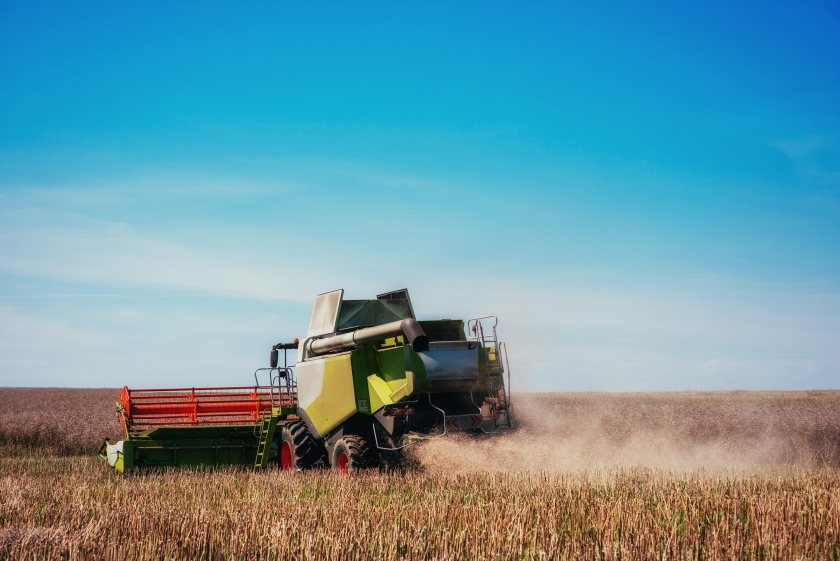Defra figures reveal England's second worst harvest in history

England has endured its second worst harvest on record, with new Defra figures revealing yields far below expectations after one of the warmest springs and driest starts to summer in over a century.
The data confirms that 2024’s poor harvest has now been pushed into third place, meaning three of the five worst harvests have occurred in just the last decade. Analysts warn this is further evidence of how climate change is reshaping British farming.
Defra’s release provides the first estimate of the 2025 English cereal and oilseed harvest. Figures for Scotland, Wales and Northern Ireland will be published in December as part of the UK-wide report.
According to the provisional data, the wheat harvest is estimated at 10.6 million tonnes — a 4.9% increase on 2024 — largely due to an 8.8% rise in the area planted.
Barley, however, saw a sharp decline, with production falling 14% to 4.2 million tonnes, driven by a 23% drop in spring barley and a smaller 2.2% fall in winter barley.
Oat production also slipped, down 2.3% on the previous year, despite a 9.4% increase in the area planted, as yields declined by 11%.
Oilseed rape bucked the trend, with yields up 29% compared with 2024 and 17% higher than the five-year average. This lifted production to 722,000 tonnes, a 5.5% year-on-year increase.
Straw production varied between crops. Wheat straw output remained steady at 2.6 million tonnes, while barley straw fell sharply by 27% to 1.2 million tonnes.
Overall, most major cereal crops recorded lower yields than last year and below the five-year average, with winter barley standing out as the exception. Defra also noted significant regional variation across England.
Tom Lancaster, land, food and farming analyst at the Energy and Climate Intelligence Unit (ECIU), said the results were more severe than anticipated.
“This harvest is even worse than expected, and marks a second successive poor harvest, following on from one of the worst harvests on record last year after incredibly heavy rainfall, made worse by climate change.”
He argued the data shows how extreme weather is hitting farmers and food supplies. “We have now seen three of the five worst harvests on record this decade after extreme weather, telling a story of escalating climate impacts that farmers are unable to cope with.”
Lancaster warned that poor harvests mean not only financial pain for farmers but also risks to national food security.
“This is what farming with climate change looks like, as extreme weather wrecks harvests, hits farm incomes and reduces our food security.”








